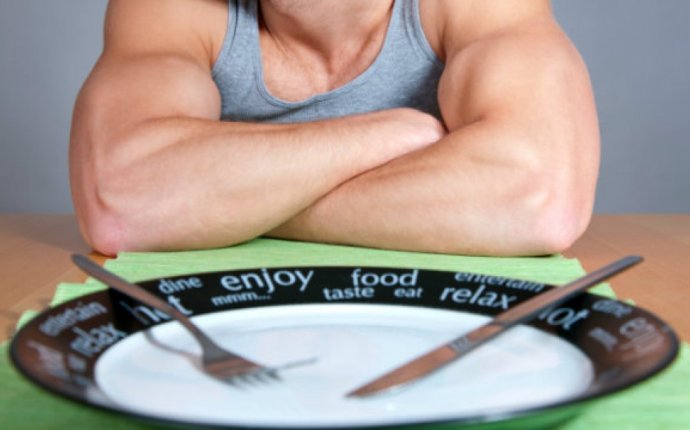
building muscle not losing weight
 Fat loss does not always mean weight loss. If you want to build muscle to lose weight, you may notice the number on your scale staying the same, or even increasing slightly, even though your measurements decrease. Lifestyle changes to your diet and exercise program can improve your chances of losing weight while gaining muscle.
Fat loss does not always mean weight loss. If you want to build muscle to lose weight, you may notice the number on your scale staying the same, or even increasing slightly, even though your measurements decrease. Lifestyle changes to your diet and exercise program can improve your chances of losing weight while gaining muscle.
Body Fat Decrease
If you have gained muscle, your body composition may have improved, even if you did not lose weight. A pound of muscle may weigh the same as a pound of fat, but the muscle takes up less room in your body. In other words, if you build seven pounds of muscle during the same time you lose seven pounds of fat, your scale would not budge, but your measurements would decrease. Consider measuring your waist circumference or the circumference of other body parts to monitor your weight loss instead of relying on the scale. As your measurements decrease and you carry less fat, you decrease your chances of high blood pressure, high cholesterol, diabetes, heart disease and joint injuries.
Weight-Loss Reality
Weight loss requires you to create a calorie deficit between the number of calories you take into your body and the number of calories your body uses. If you do not create a calorie deficit, you will not lose weight. Gaining muscle mass does increase your body’s need for calories, but if this need does not exceed your intake, you cannot lose weight. Increase your weight-loss potential while gaining muscle by decreasing the number of calories you consume and increasing the number of calories you use with exercise.
Dietary Improvements
A reduced-calorie diet can help you lose weight without leaving you hungry, if you make the right dietary changes. The University of Michigan Health System reports that people who have lost weight successfully eat more snacks of high nutritional value and eat breakfast on a regular basis. When you increase the nutritional value of the foods you eat, you typically decrease your calorie consumption, while allowing yourself to eat more food. Focus on consuming a diet full of fiber, whole grains and lean protein to keep nutrient consumption high while keeping your fat and calorie consumption low.
Exercise Changes
Weight training builds muscle quickly but does not burn as many calories as cardiovascular exercise. Consider adding 30 minutes a day of cardio exercise into your weight-lifting schedule. The higher the intensity of the exercise, the more calories it burns. Common exercises that burn high amounts of calories include jumping rope, rollerblading, running, and active sports such as basketball and football.









